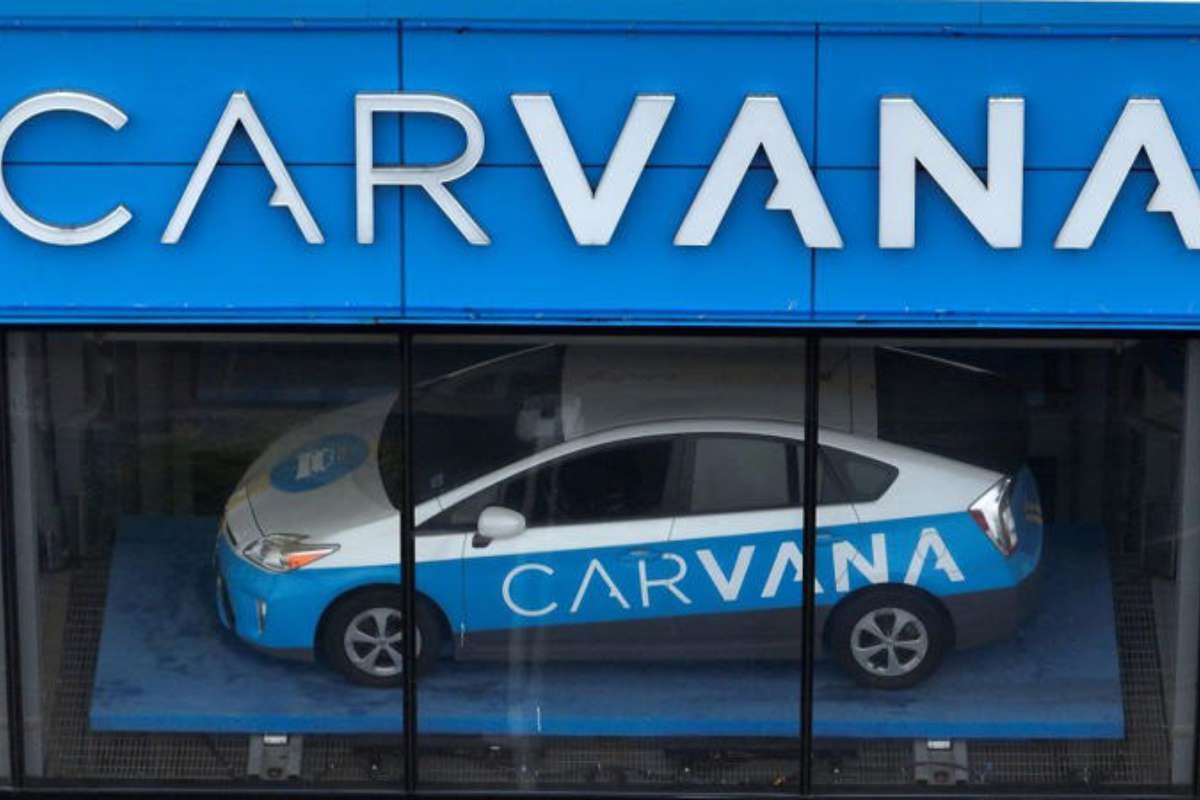Hindenburg Report Sparks Turmoil
Carvana faces serious allegations following a scathing report by short-seller Hindenburg Research, accusing the online used-car retailer of engaging in massive accounting fraud. The report, titled “Carvana: A Father-Son Accounting Grift for the Ages,” alleges insider trading, loan manipulation, and undisclosed transactions. According to Hindenburg, Carvana sold $800 million in loans to a suspected related party, inflated income growth through accounting gimmicks, and approved nearly all loan applications to boost short-term profits.
These claims sent shockwaves through the market, causing Carvana’s shares to drop nearly 5% during the day before closing at $199.56, a 2% decline. Despite these allegations, Carvana dismissed the report as “intentionally misleading and inaccurate,” stating their focus remains on executing plans for a strong 2025. The accusations come at a time when Carvana is recovering from near-bankruptcy and posting improved financial performance, largely attributed to cost-cutting, debt restructuring, and increased demand for pre-owned cars.
A History of Controversy
Hindenburg’s allegations delve into the intertwined operations of Carvana and DriveTime, a dealership owned by Carvana CEO Ernie Garcia III’s father, Ernest Garcia II. The report claims Carvana faces accusations of selling vehicles to DriveTime at marked-up prices and using an affiliate to extend borrower loans, preventing delinquencies from being reported. Such practices allegedly contributed to Carvana’s financial resurgence in 2024.
The report also highlights the Garcia family’s history of stock sales. Between 2020 and 2021, the father-son duo sold $3.6 billion worth of Carvana shares, followed by another $1.4 billion sale last year when the stock surged. Hindenburg accuses the family of running a “pump-and-dump” scheme, a claim backed by multiple lawsuits filed against them, including one in 2023.
Carvana’s controversial history predates its public listing in 2017. The company was spun off from DriveTime, previously known as Ugly Duckling, a bankrupt car-rental business acquired by the elder Garcia. His past legal troubles, including a guilty plea for bank fraud during the 1990 savings-and-loan crisis, have fueled skepticism about the company’s governance.
Impact and Industry Outlook
Carvana’s rapid expansion during the pandemic initially positioned it as a standout in the automotive retail industry. However, aggressive growth strategies and questionable financial practices have raised concerns. Hindenburg’s report alleges Carvana achieved extraordinary market valuation by reporting minimal net income while adding $139 in market cap for every dollar earned.
While Carvana’s stock soared over 300% in 2024, aided by improved profits and demand for used vehicles, the Hindenburg allegations may undermine investor confidence. The company’s reliance on subprime borrowers and internal dealings with DriveTime affiliates are central to the criticism.
Analysts predict the fallout from these allegations could reignite regulatory scrutiny, particularly given the Garcias’ complex financial entanglements. As Carvana defends its reputation, the company faces mounting challenges in sustaining its turnaround strategy amidst ongoing legal battles and industry skepticism.
Carvana Faces unfolding controversy, serving as a stark reminder of the risks associated with opaque corporate practices. This has left investors and regulators closely watching Carvana’s next moves.









